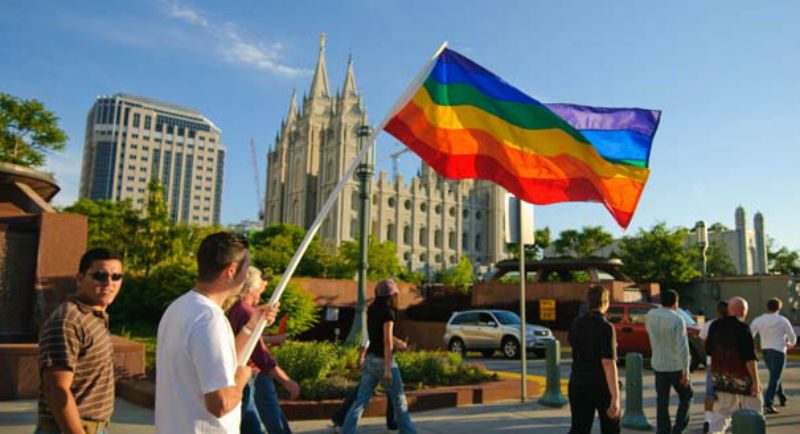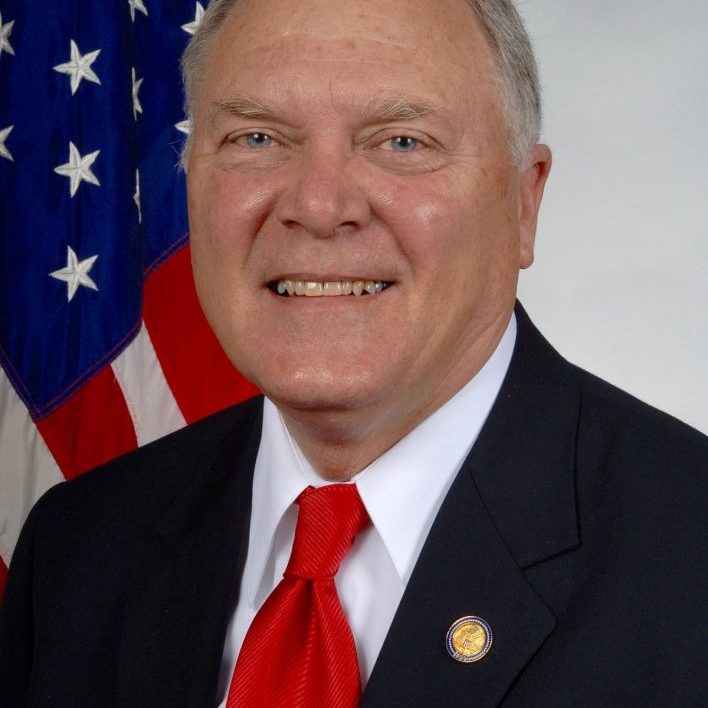 The American state is one of many that doesn’t have adequate protection for the LGBT community.
The American state is one of many that doesn’t have adequate protection for the LGBT community.
Utah state senators have proposed adding new protections to state hate crime laws. If the proposal goes through, the updated hate crime laws will allow protection for gay and transgender individuals.
The proposal would also increase the penalty for crimes against a person or their property if the crime was motivated by certain factors including sexual orientation, race, or religion.
After debating on Friday, the senators voted 17-12 in a preliminary approval of the changes. The final vote will happen within the next fortnight.
While the bill’s sponsor, Senator Steve Urquhart, is excited that the plan is advancing, he believes it will be difficult for it to move further forward. This is due to the heavy influence of The Church of Jesus Christ of Latter-day Saints in Utah.
The church has already released a statement that urges legislators not to mess with the “balance between religious and LGBT rights.”
Urquhart said, “I would need to perform some serious magic to get it through the process now that the church has spoken against it.”
Although most lawmakers are members of the LDS church, there was public support of the proposal during the debate, with members saying it protects many groups of people that currently don’t have protection under state law.
Urquhart said his proposal balances and will protect religious groups, including LDS church members.
While Utah is only one state where hate crime laws lack protections for sexual orientation and gender identity, certain lawmakers have criticised the proposal, claiming it offers special protections for certain groups of people.
Urquhart provided an accompanying proposal that clarifies that a person’s membership to a specific group or hate speech alone cannot be used as evidence that an act committed was a hate crime.
The governor of Utah, Gary Herbert, has expressed concern about the proposal, apparently questioning whether it is appropriate to punish someone based on the motivation of the crime.




